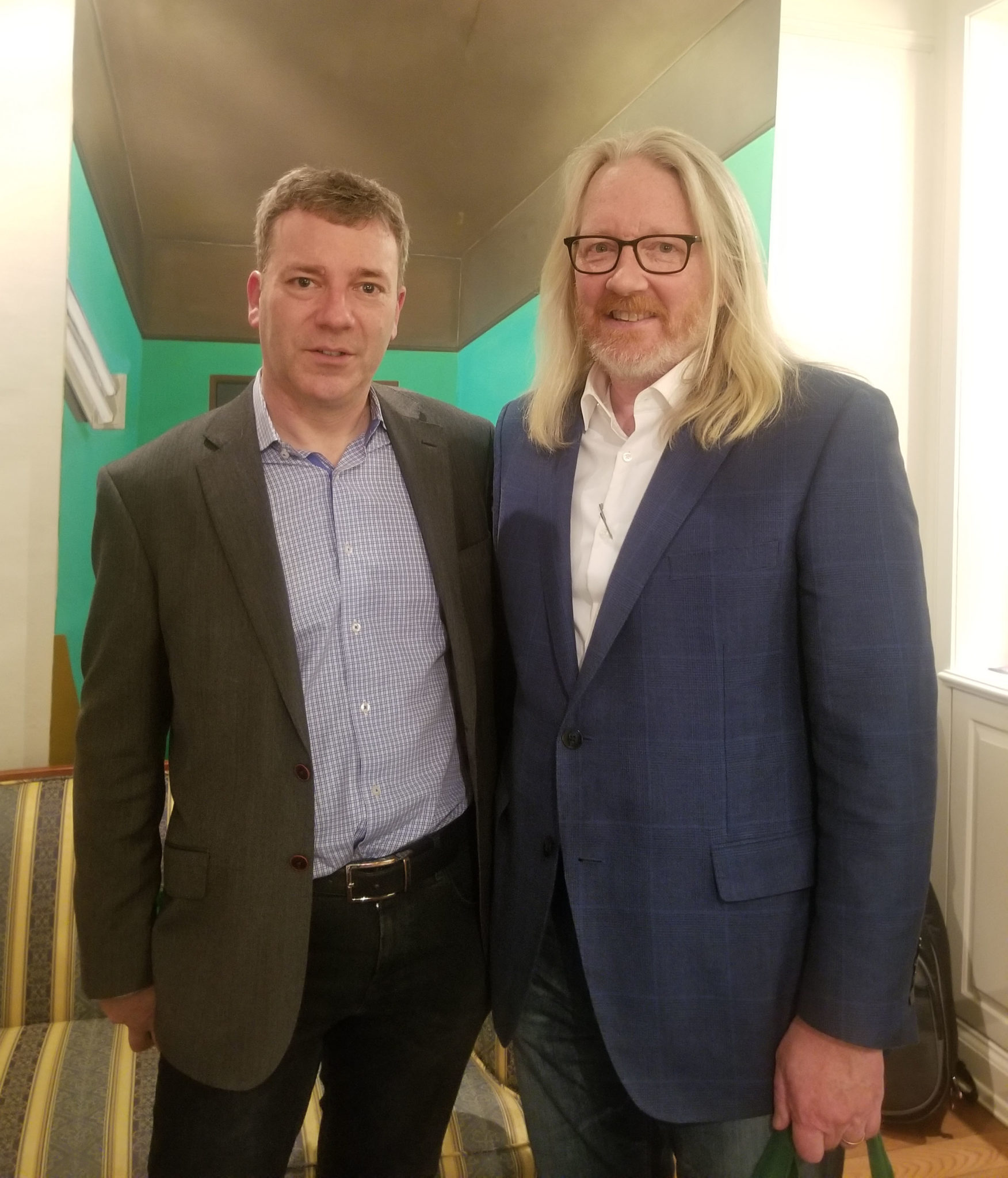
Masfi Khan
The less prominent the subject, the more memorable the interview, Sports Illustrated Executive Editor L. Jon Wertheim told a crowd of 40 Yale community members on Thursday.
Wertheim, who also serves as a 60 Minutes correspondent, discussed the changing landscape of media and his experiences in sports journalism. Wertheim discussed the impact of technology on the media industry and the transformations in the publication and reception of magazines. His work ranges across various aspects of sports with an eye towards eccentric interview subjects, including Tacko Fall, the 7-foot-6 Senegalese basketball player. The talk was a part of the Poynter Fellowship series and was held at the Head of Jonathan Edwards College House.
“There will always be a hunger for stories … There are always going to be stories that people don’t want you to hear … [that]people want to share,” Wertheim said. “Nobody knows where the media train is headed, but I don’t think the fundamentals have changed that much.”
Wertheim joined Sports Illustrated as an intern while studying law at the University of Pennsylvania. He said he gravitated towards offbeat people in sports — his first paid piece covered 80-year-old boxing judge Eva Shain.
Although he joined Sports Illustrated during the “tail end of the golden age of magazines,” the economics of the media industry changed drastically during his time as a sports journalist, he said. Along with the increase in the “pace of the news cycle,” the business model changed with digital technology.
Still, Wertheim said his approach to journalism and the development of stories remained similar. He recommended getting “subjects away from the workplace” because “you can be creative in how you write a story, but you can also be creative in how you set it up.” Wertheim also emphasized the necessity of building trust with subjects to gain interesting insights.
In response to an audience question regarding the social repercussions of an instantaneous news cycle, Wertheim said he liked to wait an interval before delving into a story for greater context. He said that with trending news stories, there is an “immediate hot-take fest,” but after people “let their passions cool and institutional memory hardens,” the stories can contain richer details.
“You can’t get that 24 hours after the event,” Wertheim said.
Wertheim also discussed hard-hitting stories that circulate across different sectors. For example, the “Me Too” movement became a cultural phenomenon that permeated various fields. Wertheim said that he wrote “sports-themed ‘Me Too’ stories,” within this wave.
Wertheim also shared uncommonly known facts about sports. He unpacked the “consistent, historic, undeniable home-court advantage” myth. He said that it had less to do with an actual advantage and more to do with the referees.
“There are more fouls called against the road team,” he said. “The balls and strikes are favorable against the home team.”
He attributed it to a conformity bias in the minds of the referees — referring to the tendency to behave similarly to others in a group — eliciting “a split-second call” in response to the fans.
Attendees interviewed by the News said they enjoyed learning about the media industry.
Allen Siegler ’20 said Wertheim gave a lot of “thoughtful answers and … was very candid.”
“It’s tough for journalists from the ’90s to give advice because the field has changed so much … but he provided a lot of good insights,” he said.
Helena Lyng-Olsen ’22, a News reporter who attended the event, said that she considered it interesting to hear about magazines’ working environments. She said that while she walked in expecting the talk to focus exclusively about sports writing, it turned out to be more about journalism in general.
The next Poynter Fellowship Talk will be “What On Earth Are They Saying?” by Charles Siebert on Jan. 14, 2020 at the Yale Law School.
Masfi Khan | masfi.khan@yale.edu







